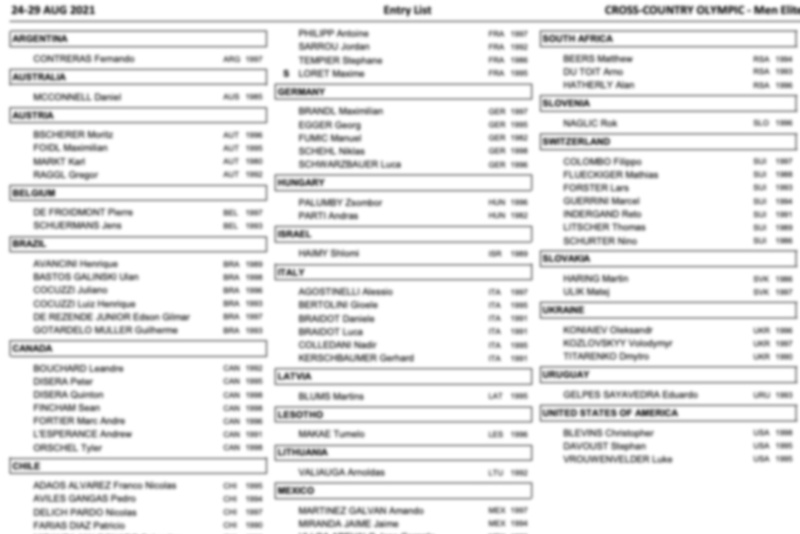The Socialists won the election in the Mediterranean region, but an old acquaintance holds the key to the government not only in Barcelona but also in Madrid. For the first time in over ten years, independence supporters in Catalonia have lost their absolute majority in the regional parliament.
Despite their losses, separatist parties managed to secure 61 of the 135 parliamentary seats, falling short of the required 68 seats for an absolute majority. The independence supporters from Junts party of exiled ex-regional president Carles Puigdemont held 35 seats, ahead of ERC party with 21 seats. CUP and Aliança Catalana parties had 4 and 2 seats respectively.
The Socialists, led by Salvador Illa, secured the highest number of votes with 42 seats. Illa focused his campaign on moving away from the independence process and addressing other important issues such as mass tourism, housing shortage, and climate change in Catalonia.
Despite Illa’s efforts to ease tensions with an amnesty law for separatists and focus on broader issues, Puigdemont made significant gains in the election. He threatened to withdraw support from the government in Madrid if he is not satisfied with the regional government in Barcelona. With no clear majority in parliament, an alliance between the Socialists and Junts party is needed to form a stable government. Otherwise, new elections may be on the horizon.
In conclusion, despite losing their absolute majority in Catalonia’s regional parliament, separatist parties still hold significant sway over politics in Spain’s Mediterranean region. This highlights how deeply ingrained secessionist sentiments are among many Spanish citizens and how difficult it is to find long-term solutions to political conflicts that arise from these sentiments.


